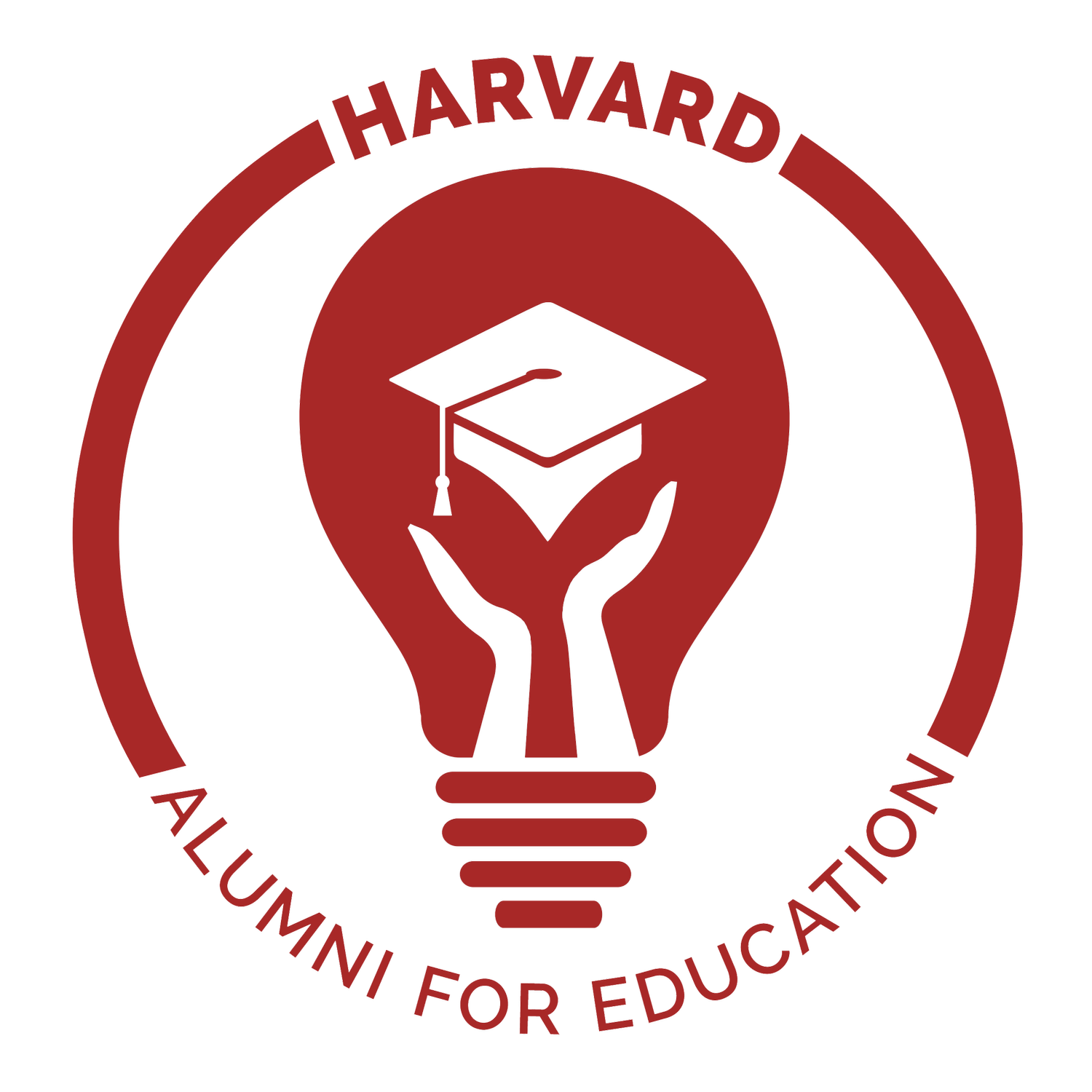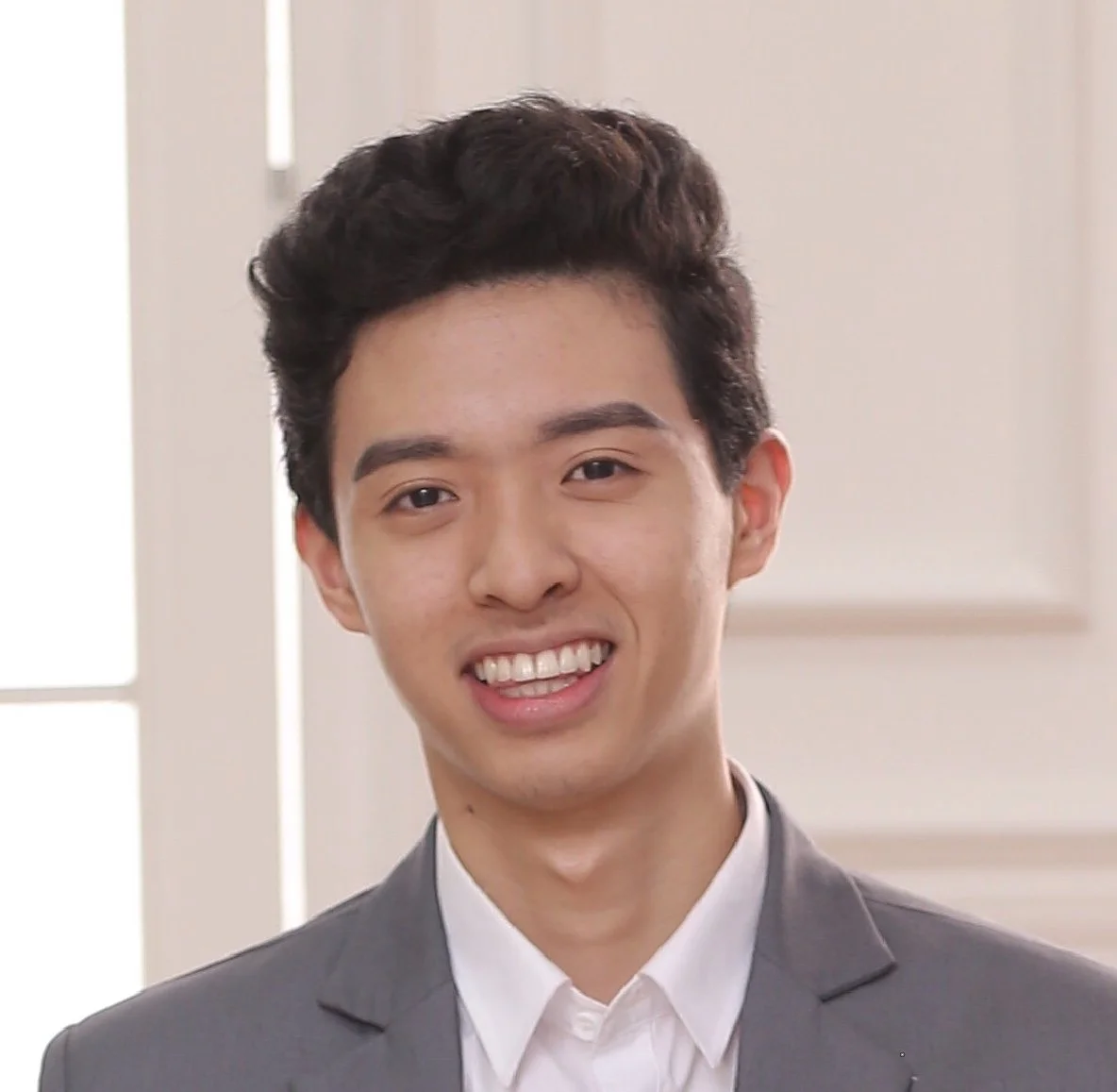Our HAEd intern, Michael Angeloe, interviewed one of our newest HAEd members and recent Harvard 2021 graduate, Tony Shu. Tony founded the non-profit Breaktime with Connor Shoen. Tony is a 2021 Forbes 30 under 30, Boston’s 25 under 25 and is also a current Scholar now in China studying global poverty. Enjoy!
In this interview, I introduce you to Tony Shu, a northeast native who grew up in Wellesley, Ma. We had the chance to sit down via Zoom and I got to learn about his path to helping youths with unstable housing find their footing. Tony, a 2020 graduate and new member of Harvard Alumni for Education, was a freshman at Harvard when he recognized he could help other Gen Z’ers not only find stable housing but earn a living and find new hope in life. In this interview, you’ll get a behind-the-scenes look at this newest member’s passion to make a difference.
Michael Angeloe: Thanks for taking this time to visit with us today. Can you please tell us the issues you grappled with in your life that led you to where you are today?
Tony Shu: Thank you, growing up, I was familiar with issues surrounding housing my entire life and a lot of it stems from, my mom as she raised me as my brother as a single parent and also as an immigrant to the United States; she came here as a young adult herself.
Michael Angeloe: What types of struggles did your mother go through when she immigrated to the U.S.?
Tony Shu: Well, when she got here, she struggled to find housing for herself, and for a long time, she didn't have a place of her own to stay. And so for her, it was really employment that obviously helped her get out of it. And so she got her first job at a Chinese restaurant in the Midwest. Believe it or not, this job really set off a really exciting, positive ripple effect that then enabled her to go back to school and then eventually start her own business around real estate.
Michael Angeloe: What did you learn about the intersection of housing, employment, and education in creating a meaningful life?
Tony Shu: Seeing housing from many different angles and I got to see a kind of the intersection of employment and housing and housing security. And when I got to Harvard my freshman year, one of the most visible things you'll see in Harvard square is young people my age, experiencing homelessness. And it's really surprising and presents a stark contrast. Because on one side you have Harvard classrooms and buildings, and then you have these young people experiencing homelessness too.
Michael Angeloe: What was your tipping point?
Tony Shu: I think I was particularly shocked by seeing so many young people, who didn't have any of the same resources we had as students. This was kind of a tipping point for me. Especially when I was getting a chance to volunteer at the Y2Y, the nation’s first student-run homeless shelter in Harvard square.
Michael Angeloe: Tony, can you please tell us more about the Y2Y Shelter that inspired your pursuit to help solve the problem of youth homelessness?
Tony Shu: Yes, the Y2Y shelter is completely run by students. When you're volunteering there, you just get to talk to the young adults who are staying at the shelter and hear their stories.
Michael Angeloe: What are some of the conversations you have with the youth facing homelessness?
Tony Shu: You know, we’d constantly talk about wanting to find a job and just not being able to find it because their applications were thrown out. Perhaps from the employer’s side, it’s because they didn't have an address or they maybe didn't finish their education or they've never had a job before. And so it was just really striking because you often hear people say things like “Why don't the homeless just get a job?”
Michael Angeloe: What’s your answer to those people that say that?
Shu: Well, here, you had young people who wanted to work so badly, but just couldn't find one. And so, my co-founder Connor Shoen and I launched BreakTime to really address that challenge of homelessness, which we found to be unemployment.
Michael Angeloe: It seems as if your personal experiences, but also your mom was a great motivator for you to pursue this work. What would you say some of the challenges have been in this field or some of the major roadblocks?
Tony Shu: There have definitely been many roadblocks. And I would say one is getting to know the young adults and their challenges as someone who personally has never experienced homelessness. And I think developing trust is so important. For me, trust really stemmed from being honest, listening to what the young adults are expressing, and sharing what they were going through.
Michael Angeloe: What is BreakTime’s personal philosophy to approaching homeless youth?
Tony Shu: For us, it was really all about approaching it with humility and understanding -- even though we may not ever be able to ever fully understand, or experience what homeless youth go through, coming from that place of privilege. Nevertheless, we can do our best, to really listen. To the best of our ability, our hope is to deeply understand what are the challenges they're facing in order to help them and address them.
Michael Angeloe: Can you speak more specifically about the challenges you faced in launching BreakTime?
Tony Shu: I'd say beyond developing trust and then as an organization, a big hurdle was just credibility. When we founded BreakTime, I was 18. My co-founder, Connor was 19. And so, our age has been a huge barrier, even being currently 22. I think it may be due to the fact that people might've seen BreakTime as a school project when really for Connor and me, and now for our team, it's really much more than that.
Michael Angeloe: How were you able to build credibility with your support base, even though you and your co-founder were both young?
Tony Shu: We were able to build credibility by gleaning as much as we could and by learning with humility. And then taking things step by step, in order to begin building BreakTime with a strong track record with young adults.




